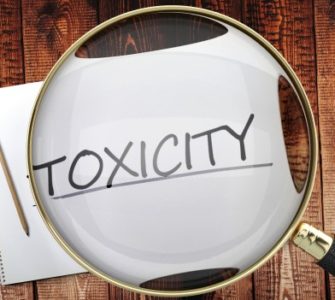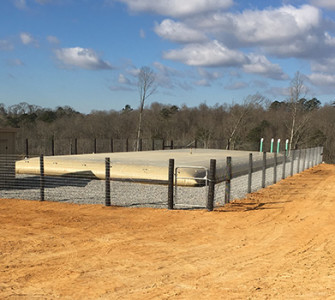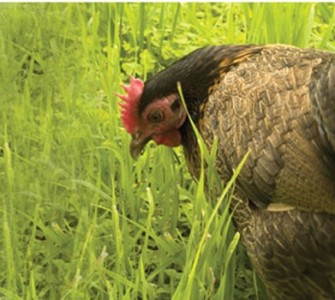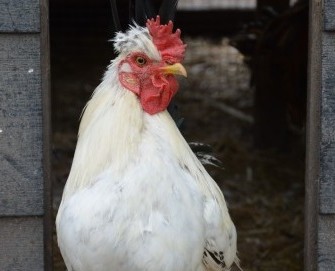Farm mortality issues highlight importance of checking water supply
Producers need to be alert to the dangers of drinking-water toxicity issues, according to a senior industry veterinarian.
Speaking to Poultry Health Today, Kurt Dobson, DVM, director of veterinary services for George’s, Inc. in Arkansas, said that a recent case of salt toxicity at an eight-house broiler farm underlined the need to not dismiss water on the list of vital components affecting bird health.
Issues on the site began to arise when birds were around 3 and a half weeks of age when birds exhibited flushing responses, alongside a mortality spike, he said. Both mycotoxins and sodium toxicity are known to cause such signs.
Necropsy showed kidney lesions, swelling under the skin, fluid both in birds’ abdomens and around their hearts — observations consistent with salt toxicosis, he explained. Feed was tested, showing no abnormalities, so a decision was made to test the water supply. Analysis came back revealing that both the wells on the farm had very high levels of sodium and chloride.
Making sure all is well
Producers tend to use well water for birds, although some use a rural water supply. Awareness around the importance of testing well water varies, Dobson said, stressing the need to prioritize checks.
“The biggest thing is for people to realize that if they’re on a well, they should be testing their water when they first make those wells,” he said.
“There are some companies that will have a water-quality person, and they’ll spend time checking the water quality across the complex. But not very many complexes have that, so it’s up to the grower.”
There are a number of labs available to carry out testing of water samples, he continued, and this should happen before the supply is used by the birds and annually after that.
For producers facing problems with water mineral content, carbon filters can deal with certain minerals. In the case of sodium, the only solution is a reverse osmosis system, he added, although this is a technology that can require significant investment.
Posted on December 7, 2022

















